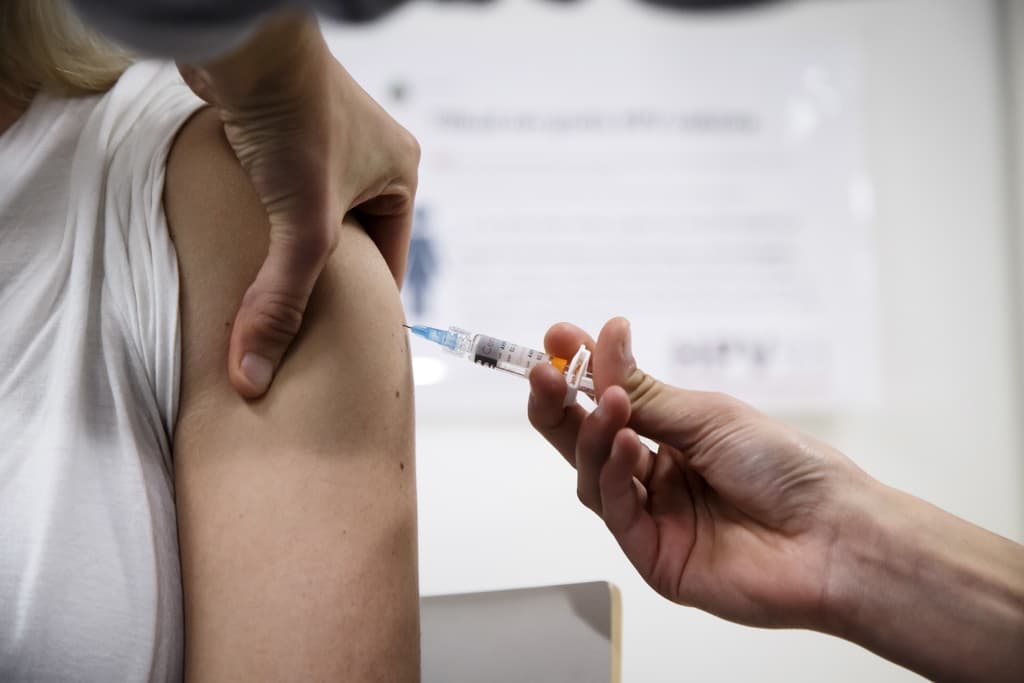The HPV vaccine is offered to all schoolchildren and is administered by the school health service. The vaccine prevents, among other things, cervical cancer.
"There is more to be done to ensure that all girls have equal access to life-saving vaccines, regardless of their mental health status," writes Kejia Hu, postdoctoral researcher at the Institute of Environmental Medicine at Karolinska Institutet, in an email to TT.
The researchers have investigated the relationship between vaccination rates and psychiatric diagnoses or medication for mental illness. The reasons for the differences will be further investigated, but one reason is believed to be more frequent absence from school, according to Kejia Hu.
Significant differences
Girls who were medicated for mental illness had a 7% lower vaccination rate for the first dose of the HPV vaccine compared to their peers. The figures vary depending on the medication, and among those who received antipsychotic medication, the vaccination rate was, for example, 32% lower.
Girls with psychiatric diagnoses had an 11% lower vaccination rate than those without such diagnoses. The difference was most pronounced among girls with autism or intellectual disabilities, where the vaccination rate was 20% lower.
Only differences in the first dose
However, the study, published in The Lancet Public Health, also shows that girls with psychiatric diagnoses or mental illness who received the first dose of the vaccine received the second dose of the vaccine to the same extent as their peers.
Going forward, Kejia Hu believes that studies should investigate the causes behind the relationship between mental illness or neuropsychiatric disorders and HPV vaccination rates.
"And investigate how school staff and other personnel can help mitigate these vaccination barriers among girls with mental health conditions."






